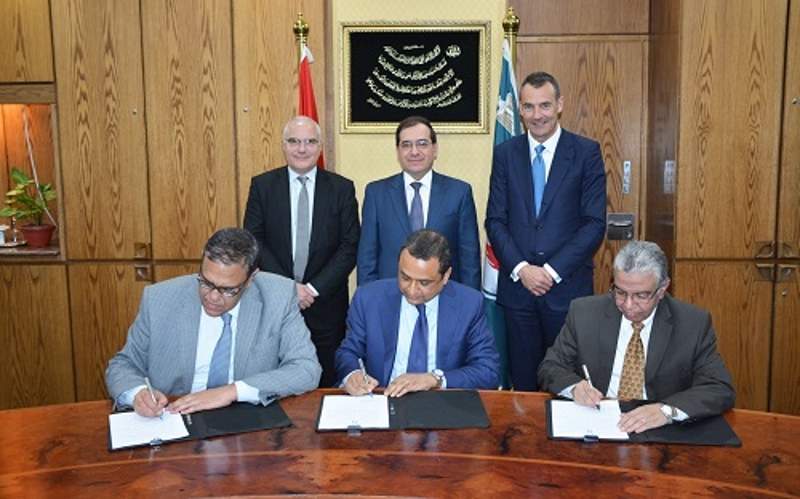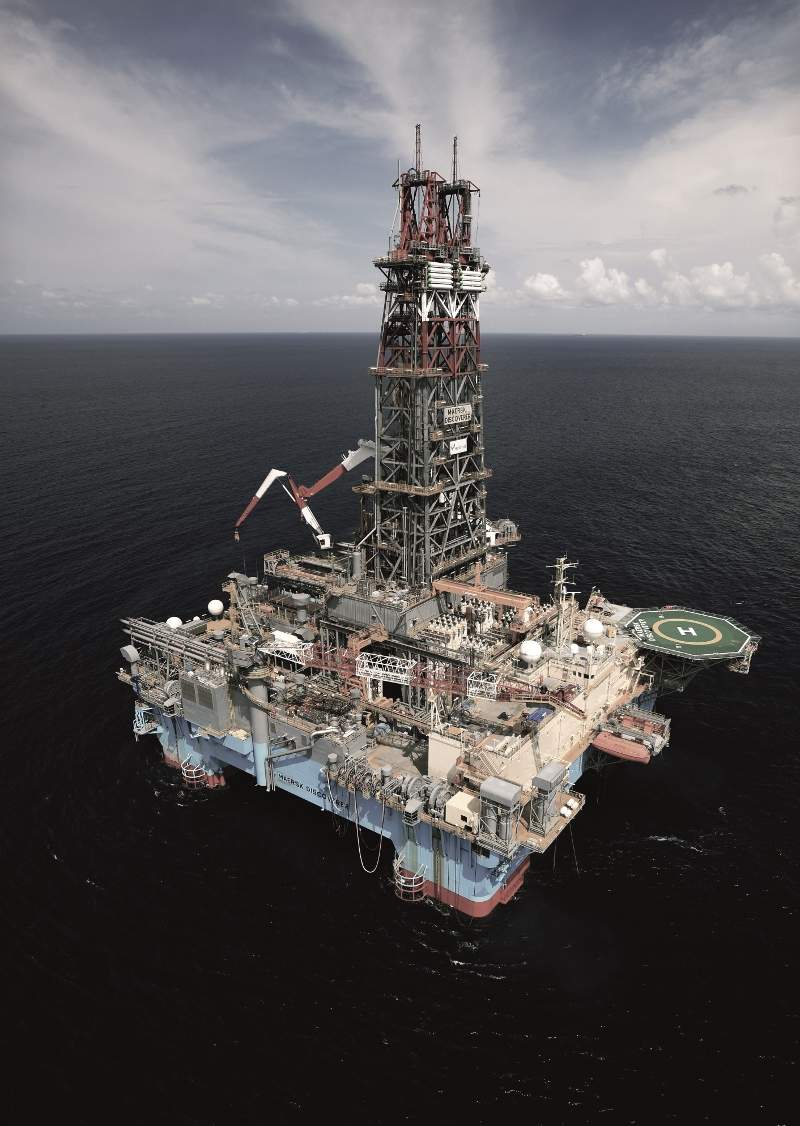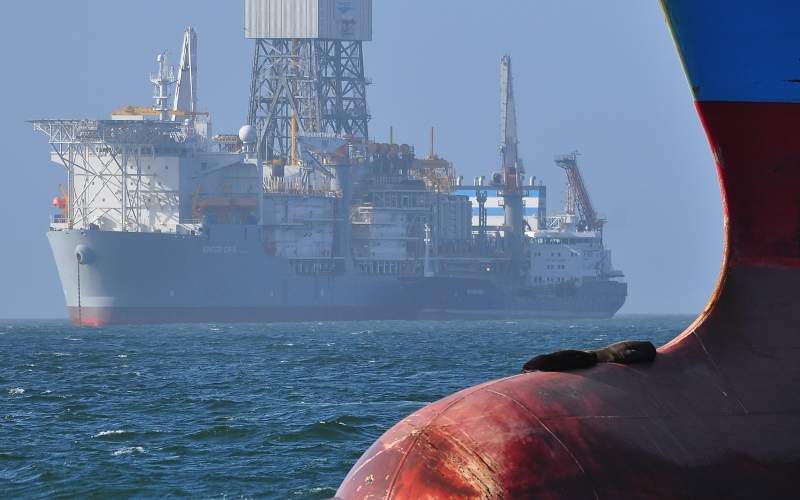The Atoll gas field is a significant discovery lying in the North Damietta Concession offshore Egypt in the East Nile Delta. The field is developed by BP, which holds 100% equity in the discovery. It started production in February 2018.
The field development was approved by BP in collaboration with Egyptian Natural Gas Holding Company (EGAS) in June 2016. Atoll was intended to be developed as a fast-track project after the heads of agreement was signed in November 2015 between BP and the Egyptian Minister of Petroleum and Mineral Resources.
Project development was accelerated to establish a new material hub in the offshore East Nile Delta region and help reduce the country’s gas deficit. BP expects to increase its gas production in Egypt and achieve 2.5 billion cubic feet a day (bcfd) of production by 2020, which represents approximately 50% of the country’s current gas production.
BP also signed a number of agreements for transportation and processing arrangements related to the field development. Pharaonic Petroleum Co (PhPC), BP’s joint venture with EGAS and Eni, executed and operate the project.
Atoll gas field location, discovery and reserves
The Atoll field was discovered by BP in March 2015 by drilling the Atoll-1 deepwater exploration discovery well. The well was drilled using the sixth generation semi-submersible rig Maersk Discoverer to a depth of 923m and is Egypt’s deepest well. The drilling site is located 15km north of Salamat discovery, 80km north of the city of Damietta, and 45km north-west of Temsah offshore facilities.
The exploration well was drilled to a depth of 6,400m and encountered approximately 50m of gas pay in high-quality sandstones. It is the operator’s second most significant Oligocene discovery in the area after the Salamat discovery of 2013.
The field is estimated to contain approximately 1.5 trillion cubic feet (tcf) of natural gas and 31 million metric barrels (mmbl) of condensates. An estimated 350 million metric standard cubic feet a day (mmscfd) of gas along with 10,000 barrels of condensate per day (bpd) is transported to the Egyptian domestic gas market.
Atoll gas field development details
The Atoll field is being developed in two phases. The first phase started production in February 2018, while the second phase is underway.
Atoll phase one was an early production scheme (EPS) and comprised two development wells tied back to BP’s existing Akhan-Temsah infrastructure. It included the completion of the exploration well and a production well along with the drilling of two additional wells. Tie-ins and other infrastructure required for the production were also installed in the first phase.
The DS-6 drilling ship drilled the Atoll wells between August 2016 and 2018.
Gas and liquids produced from the field are processed onshore at the existing West Harbour gas processing facility, which currently processes 280mmscfd from Ha’py and 265mmscfd from Taurt fields.
Full field development is estimated to cost $3bn, while the first phase was developed with a $1bn investment.
Key players involved
A three-year contract extension was awarded to Maersk Drilling for its ultra-deepwater semi-submersible drilling rig, the Maersk Discoverer.
A five-year drilling contract was signed between BP and Ensco for its ultra-deepwater drillship ENSCO DS-6 at a rate of approximately $522,000 a day.
Subsea 7 was awarded the engineering, procurement, construction and installation (EPCI) contract by Pharaonic Petroleum for providing the subsea pipelines for the project in October 2016.





